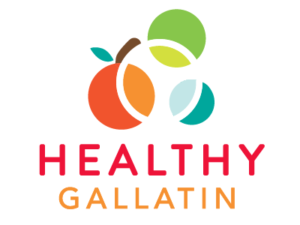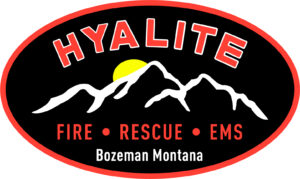
As the Sheriff of Gallatin County, I wanted to put out a message regarding the Coroner’s Inquest that concluded yesterday. I first want to recognize those Deputies and Officers directly involved with the incident. It has been a long 14 months for you and your families to hear the words “justified” and “not criminal”. I hope these words give some form of relief and comfort as you continue your careers in Law Enforcement. The system may not be perfect, but it works because we have a community made up of reasonable individuals who understand the position you are all put in during these life and death situations. Reasonableness seems to be something lost on many other communities these days, but I believe the Gallatin Valley and the citizens here are some of the most thoughtful, common sensical, and supportive individuals anywhere. The relationship we have built between our Law Enforcement agencies and the public we serve is a tribute to all the brave men and women who wear the star or badge.
I want to thank this community for allowing the process to play itself out without making snap judgments or decisions based upon minimal information as an active investigation is underway. In today’s climate, we all too often see and hear people condemn the actions of Law Enforcement before all the facts are gathered. This community proved it will not rely upon tik-toks, reels, or other social media avenues to disparage the actions of Law Enforcement. The relationship between communities and Law Enforcement is fundamentally based upon trust. Early Montanans understood this and initiated these inquests 4 years after becoming a State. This trust we place in our Law Enforcement Officers and their agencies continues today and these inquests are used to ensure accountability and transparency. I have never met a Deputy, Police Officer or any other Law Enforcement Officer, who intentionally set out in their day to get into an officer involved shooting. To think otherwise is irrational and demeans the honorable work we see our Law Enforcement Officers doing.
To the family and friends of Tristyn Newman, you conducted yourselves with grace throughout the process and I thank you for your levelheaded behavior during the hearings and the investigation.
Having done this job for 30 plus years, I continue to see where criminal actions, Law Enforcement intervention, and Mental Health crisis intersect. The Gallatin County Sheriff’s Office, County government, the Detention Center, multiple local resources, Gallatin mobile crisis, and Bozeman Health have been working in partnership to improve mental health services throughout this community. We continue to make significant strides in our training, our response models, resources, and infrastructure. As a community we are trying to do our part, and we are committed to increasing our capabilities.
Sheriff Springer








